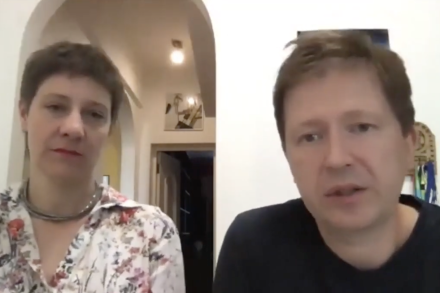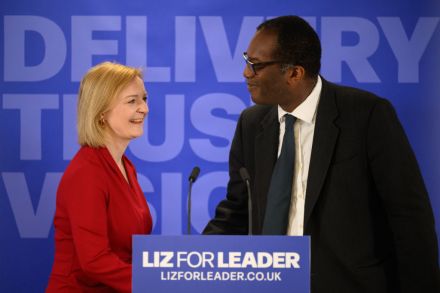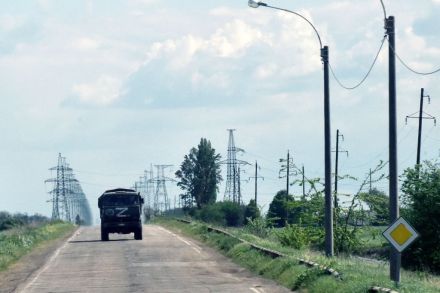The real story of the Putin emigres
‘Russians are fleeing their country in droves’. That’s how Andrei Soldatov and Irina Borogan, partners in life and journalism, sum up in seven words one of the many tragedies of Russia, from which they too have fled – further than most, to Britain. Had they stayed, Soldatov at least would be in jail, charged with spreading ‘fake news’ – or, as he puts it, ‘contradicting the state narrative’. An arrest warrant was issued against him in April, and in May, he was put on an international wanted list. A trial – in absentia – is expected in October. Soldatov and Borogan are part of an exodus larger than any since




















